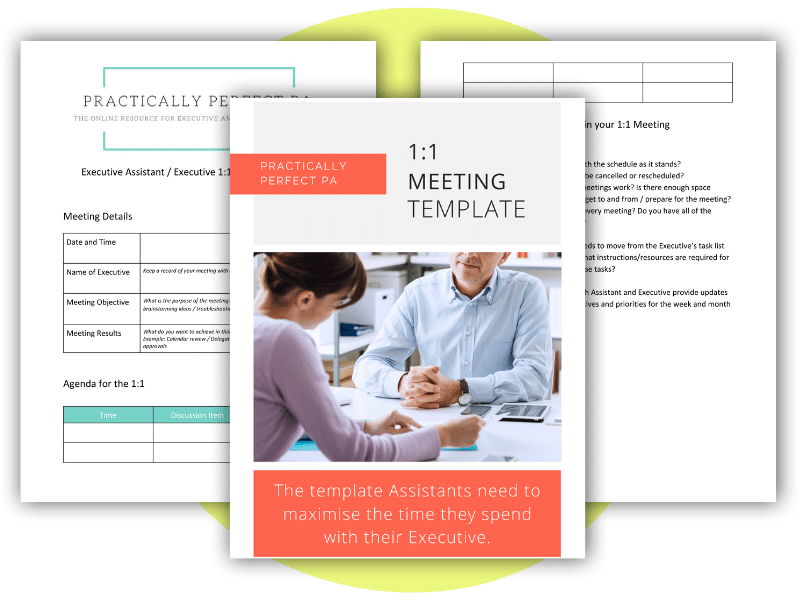How do you demonstrate accountability in the workplace?
Do you ever feel like you put in a lot of effort at work and don’t get the recognition you deserve? Being accountable for your duties doesn’t just mean completing tasks on time; accountability is also about taking ownership of those tasks and their results. As an Assistant, how can we show our employers that we are performing at the highest standards and holding ourselves accountable?
Knowing when to be held accountable and understanding how to demonstrate that can help elevate your career. This article will discuss what accountability means and provide tips on how administrative professionals like yourself can practice accountability daily. With these strategies, you’ll quickly become an essential part of any successful team and ensure each task is completed with accuracy and precision. Let’s jump into our discussion on how do you demonstrate accountability in the workplace.
Taking ownership of tasks and responsibilities
Firstly, being accountable means taking ownership of our tasks and responsibilities. Assistants are often assigned various tasks and projects we are responsible for completing. Instead of just waiting to be asked or told what to do, we should take action and initiative to ensure the success of these tasks. This means being proactive, identifying areas for improvement, and finding ways to make the process more efficient. It also means taking control of our own workload and managing our time effectively to ensure that all tasks are completed on time and to the best of our abilities.
Secondly, being accountable means taking responsibility for our decisions and actions. As assistants, we often need to make decisions on behalf of our Executives, and it’s important to take ownership of these decisions. We should gather all the necessary information, analyse the options, and make informed decisions that align with our Executives’ objectives and priorities. If mistakes happen, we should take responsibility for them, learn from them, and take steps to rectify them. It’s important to remember that being accountable doesn’t mean being perfect but rather being responsible and taking ownership of our actions.
Lastly, being accountable means being proactive in communication and collaboration. As assistants, we are often the point of contact for various stakeholders, including colleagues, clients, and suppliers. It’s essential to communicate clearly and proactively with these stakeholders, keeping them informed of progress, seeking their input when needed, and resolving any issues that may arise. Being proactive in communication also means being proactive in collaborating with our team and colleagues, offering support, sharing ideas, and working together towards common goals.
In addition to taking responsibility and ownership of our tasks, decisions, and actions, accountability also means reliability. Our executives and colleagues should be able to trust us to follow through on our commitments, meet deadlines, and deliver high-quality work. When we are accountable, we build trust and credibility in the workplace, leading to greater opportunities for growth and advancement in our careers.
So how can we be more accountable in our roles as assistants? Here are some practical tips to learn how do you demonstrate accountability in the workplace.
Take initiative
Don’t wait to be asked to do things. Identify tasks that you have control over and take action to make them more efficient and successful. Be proactive in finding ways to improve processes and achieve better results.
Own your decisions
When making decisions on behalf of your Executive, take ownership of them. Gather all the necessary information, make informed decisions, and take responsibility for the outcomes, whether they are positive or negative.
Communicate proactively
Keep stakeholders informed of progress, seek input when needed, and address any issues that may arise. Collaborate proactively with your team and colleagues, and offer support whenever possible.
Be reliable and dependable
Follow through on your commitments, meet deadlines, and deliver high-quality work. Build trust and credibility by being consistent in your performance and reliability.
Take responsibility for mistakes
If mistakes happen, acknowledge them, learn from them, and take steps to rectify them. Don’t blame others or make excuses. Instead, take responsibility for your actions and work towards finding solutions.
As an Assistant, accountability requires us to take ownership of our job and its results. Showing employers that we are performing to the highest standards can feel daunting, but being proactive and showing enthusiasm and dedication is key.
Setting personal goals and working towards them, such as tracking your progress through online courses, endorses your hard work and diligence, and shows commitment to consistent improvement. If you want to further develop yourself as a professional Assistant, why not enrol on the Advanced Assistant Online Course?
It will enable you to gain new skills, acquire best practices and become an essential part of any company or organisation you work for. Do not be afraid of aiming high – being accountable for your job can be one of the most rewarding experiences for an Assistant willing to take proactive steps to show their employers just how dedicated they are.





